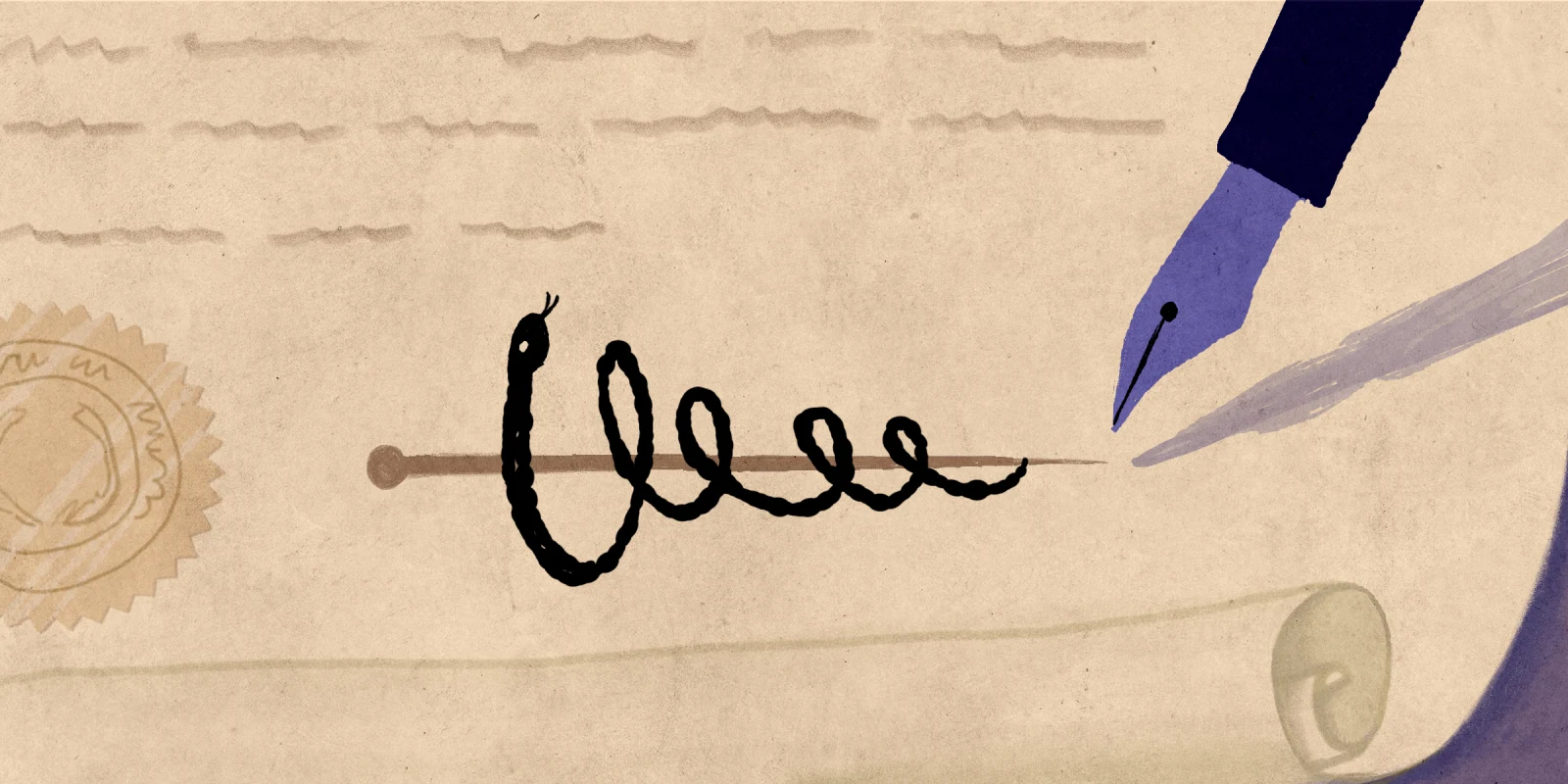The seemingly elementary question of whose name is emblazoned on a medical license delves into the exploration of responsibility, accountability, and identity within the field of medicine. As physicians, our names are not just mere signatures or names on diplomas and licenses; they symbolize a commitment to patient care, ethical practice, and professional integrity that extends beyond our direct actions. The license, a culmination of rigorous education, training, and moral obligation, is a reminder that we operate within a complex network of health care — one where our individual judgments and decisions bear significant weight.
In today’s evolving health care environment, particularly as more physicians transition to employment within hospital systems, the dynamics of responsibility can become convoluted. The administration may often ask us to lend our names to various initiatives, from simple equipment acquisitions to more serious policy implementations. The recent request I received to associate my name with a seemingly innocuous task — attaching a microscope to our clinical operations — revealed the depth of this entanglement. This task involved not only the operational responsibility for the equipment itself but also the potential ramifications on patient safety and the financial implications of its use. Repercussions that the individual physician would be responsible for financially. This scenario reflects a larger trend in medicine, where accountability is increasingly collective yet remains, paradoxically, highly personal. Each challenge to your clinical decision underlies the burden of defending your medical license on a daily basis.
Amid administrative structures and emerging business models in health care, the essence of being a physician can sometimes be obscured. We are trained to navigate medical intricacies — assessing patient needs, mastering clinical skills, and adapting to innovations — but the overlapping patient care responsibilities we assume alongside auxiliary staff can blur our lines of accountability. Each time I affirm a chart for APPs, I recognize that my professional endorsement carries weight. I am vouching for the quality of care rendered, reaffirming my role as both caregiver and gatekeeper in a system that seeks efficiency yet demands thorough diligence.
As a hospitalist, I am asked to cover community physicians more and more so that they can stay in the office. This often necessitates stepping into unfamiliar territory — both clinically and ethically. The complexity of management decisions during these coverage scenarios can lead to dissonance between my established clinical guidelines and the practices of those I step in for. The pressure to perform as a physician extender raises significant concerns regarding the boundaries of our expertise and the consequences of our endorsements. Unfortunately the business model of outpatient versus the inpatient physician has not extended to accountability legally or financially for the physician. In addition, you, as the hospitalist, may not agree on the management of the patient, such as reasoning for a cesarean section or induction of labor, as is the case in my specialty.
It highlights the burden we place upon ourselves, perpetually tethered to the outcomes of decisions we may not have fully endorsed or understood within the given context. Every clinical decision becomes a moment to defend one’s medical license, laden with the weight of professional scrutiny layered with the administration description of perceived responsibilities.
It is this interplay of responsibility and personal accountability that demands our vigilance. The societal trust placed upon us — not just for our direct interventions, but also for the indirect influence of our name on institutional practices — requires ongoing reflection. It urges us to consistently scrutinize our roles within the broader health care landscape, mindful of how our identities are shaped by the decisions we make and those we accept from others. The effort to uphold the integrity of our medical license transcends individual practice to embrace a collective notion of responsibility, ensuring that we honor the hard work and determination in getting and maintaining our license. In a world marked by complex interconnectedness, we must recognize the weight that our names carry, initiating a holistic approach to our responsibilities as physicians — one that honors both the art of medicine and the duty to care for our patients with uncompromised integrity. Always keep in mind that your name is on your medical license to practice, and thus all accountability remains with you.
What responsibilities have you debated on signing your name to? Share in the comments.
Dr. Rohana Motley White is an obstetrician/gynecologist in Orlando. She enjoys traveling, reading, and hanging out with her daughter. Dr. Motley White was a 2023–2024 Doximity Op-Med Fellow and continues as a 2024–2025 Doximity Op-Med Fellow.
Illustration by Diana Connolly






